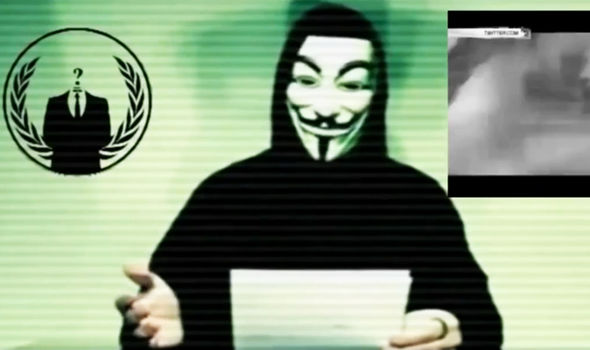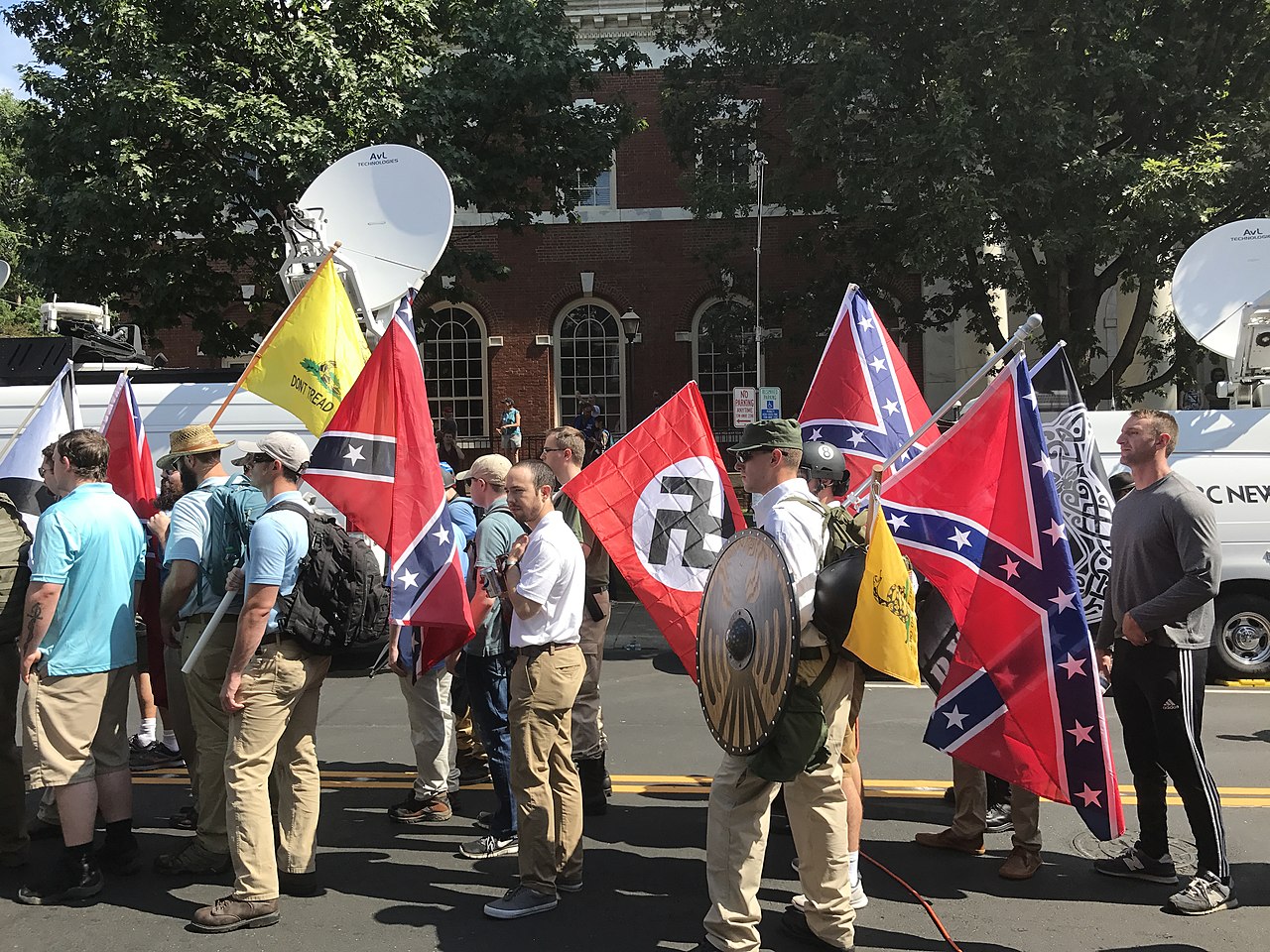Anonymous vs ISIS Online: Pondering the Intelligence Impact of Social Media Takedowns
In a video posted to Youtube a few days ago, the hacker collective Anonymous proclaimed it would go after ISIS in response to the Paris attacks, in a campaign labeled #OpParis (there's an official twitter feed here, with more than 37k followers at this point).

Published by The Lawfare Institute
in Cooperation With

In a video posted to Youtube a few days ago, the hacker collective Anonymous proclaimed it would go after ISIS in response to the Paris attacks, in a campaign labeled #OpParis (there's an official twitter feed here, with more than 37k followers at this point). The thrust of their activity appears to be to encourage crowdsourcing to supplement their own efforts to identify ISIS-linked or ISIS-supporting social media accounts (Twitter, Facebook, Tumblr, and stand-alone websites) and then getting the provider of those services to take the accounts down. Apparently there have been some 5500 such removals having occurred already. This is similar to steps Anonymous took after the Charlie Hebdo attacks (though in that context Anonymous reportedly also employed DDOS attacks against targets that could not be taken down via application to the provider; presumably they'll do the same this time around, too).
At first blush my reaction was to applaud. Then after a moment I thought: why hadn't governments already taken this step? It's not for lack of ability to identify such accounts or to make such requests to providers, at least not in general, nor is it likely a complete explanation that Anonymous probably moves faster than governments do in the wack-a-mole game of social media takedowns. So what else might be going on?
One possibility is that the metric governments are using to decide which accounts are ISIS-sponsored or ISIS-supporting is more demanding than whatever metric hacktivists might be employing. That would not be surprising, and could explain at least some of the volume that Anonymous has found available as targets for its efforts over the past few days. But I think something else might be at work too.
As everyone understands by now, ISIS-supporting social media accounts do seem to play an important role with respect to inspiration, recruitment, and logistical coordination for those who might wish to travel to join ISIS or to stay home and act in the name of ISIS in their home countries. Thus the understandable desire to shut them down. But even a glancing look at how the FBI has been breaking cases against would-be ISIS members and supporters in the US demonstrates that the ability to monitor such sites provides an invaluable means by which the government can spot persons before they can cause harm. And one can readily imagine that sophisticated intelligence services can take further advantage of these sites by monitoring them as honeypots, identifying other extremists, mapping out networks, etc.
If I'm right, then it likely is the case that there are frequent debates within government about whether to shut down particular social media accounts or, instead, to milk them for intelligence. Those are probably very difficult discussions, with no obviously correct result in some cases. Sometimes, though, the decision is probably made to milk the source rather than shut it down, for very good counter-ISIS reasons.
In light of this, I wonder whether the admirably-intended OpParis campaign might accidentally cause some harm by incidentally eliminating important intelligence-collection opportunities in some cases. Perhaps not. And even if so, perhaps the lost benefits are outweighed by the benefits gained by the larger project of silencing these violence-promoting accounts. Impossible to assess from the outside, alas, and indeed probably near-impossible to know even from within government circles engaged in this online struggle.
The important point in all this, from an academic perspective, is to note this as another example of how private actors are able, thanks to technological change, to become involved in decisions and activities that might otherwise have been the exclusive or near-exclusive province of government entities. It is somewhat similar to the way in which novel forms of media are increasingly able to make the ultimate decision with respect to which secrets get revealed and which are kept. I suspect that cyberspace in particular will see ever more of this sort of thing in the future, with government decisions regarding whether and how to take certain actions sometimes getting overtaken by private-sector decisionmaking.





